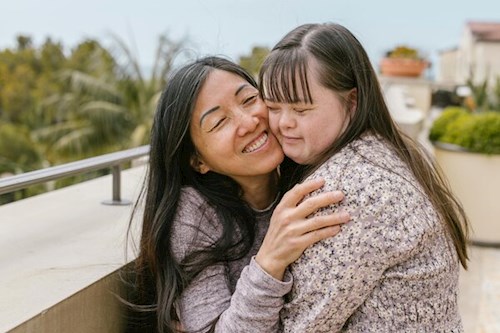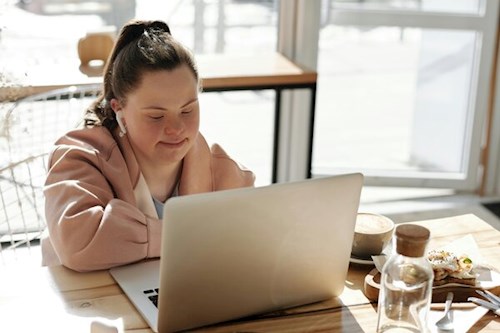Accessibility is heard and seen a lot these days. But do you understand what it means? Accessibility means people with disabilities can acquire the same access and information as others. Therefore, they should be able to engage in the same interactions and enjoy the same services.
People with disabilities should be able to obtain all the information needed as anyone else can without a disability. You can become more accessible through the following:
Technology
Accessibility to technology is now a civil right by the U.S. Department of Justice. The world is primarily digital, so it’s necessary to complete day-to-day tasks.
Especially with the pandemic, businesses of all sizes shifted operations to virtual. Everyone is becoming reliant on solid internet connections, video conferencing, collaboration platforms and so much more. To become more accessible, you must look at technology to connect and unite us, more matter the person.
Many people use technology, so you can’t assume everyone is using it the same. Therefore, you should consider those who are blind or have dyslexia. They need audible output, such as screen readers that read web content. Also, people with low vision may use screen magnification software to better see a portion of the screen.
Mannerisms
All people, regardless of ability, should be respected and welcomed into your environment. People with disabilities should be included in any conversation or experience.
There has been a shift in talking about people with disabilities. It’s now person-first language, meaning the person should be emphasized rather than the disability. These mannerisms are essential to effective communication, both personally and professionally.
Perceptions
Just because something may make someone different in society's terms doesn’t mean they need to be a poster child for overcoming adversity. While there may be good intentions involved, the difference in treatment could end up doing more harm than good. Basically, it can imply there is inferiority. That’s why Weaver takes time to focus on the actions and attitudes rather than the disability itself.
There should be strong motivation toward driving change by creating spaces and programs that work for everyone by being inclusive and accessible. Consider from the start that everyone is living differently as opposed to specific people after the fact.
It’s truly a mindset change. The second we start focusing on what each of us can do is when we can make the world more accessible and inclusive.

This Earth Day, Weaver Industries celebrates its commitment to sustainability and inclusive employment. From recycling and energy-saving efforts to the paper lifecycle through Records Management and SecurShred, Weaver integrates environmental care into daily operations. These efforts create meaningful jobs for individuals with disabilities and show how small, consistent actions can make a lasting impact—on Earth Day and beyond.

This blog emphasizes the importance of inclusion in forming meaningful relationships for individuals with developmental disabilities and how it strengthens community bonds.

Explore how Weaver Industries empowers individuals with developmental disabilities through vocational training, highlighting Brandon and Tyrell's inspiring success stories.